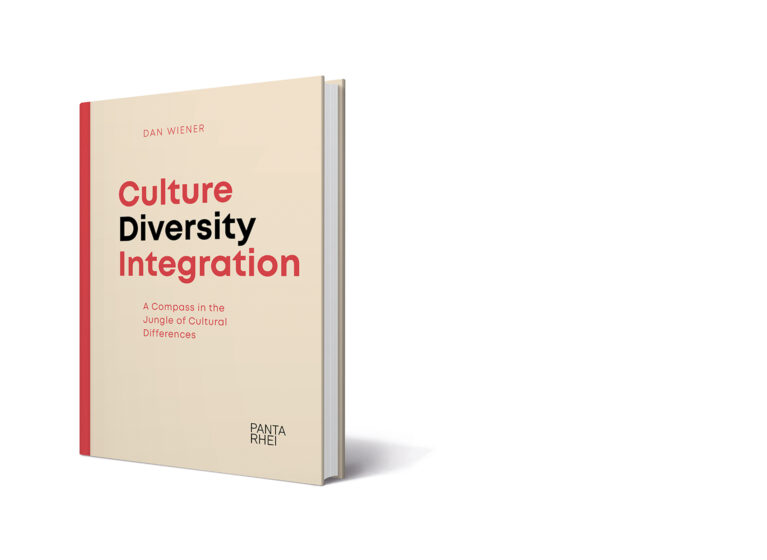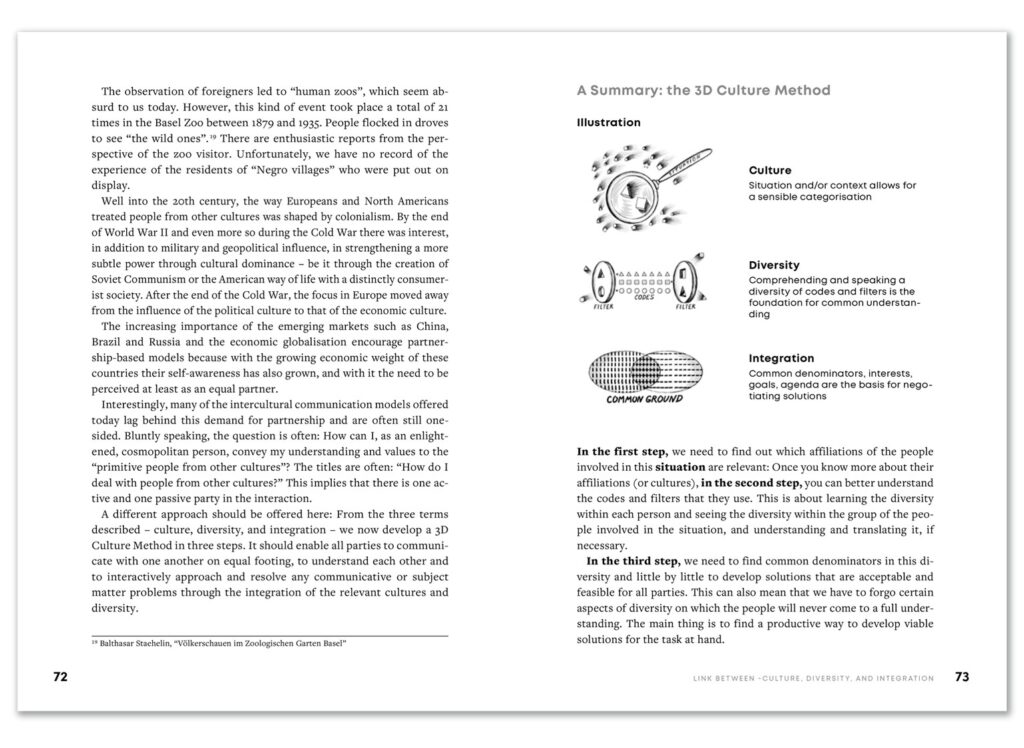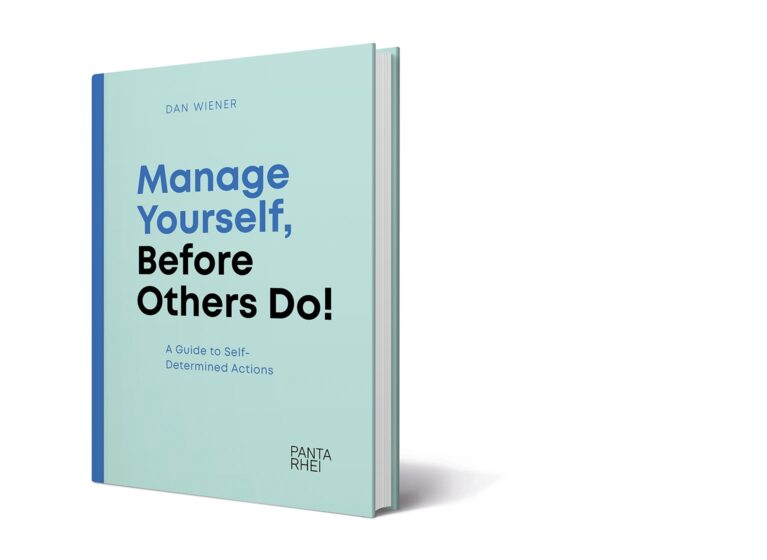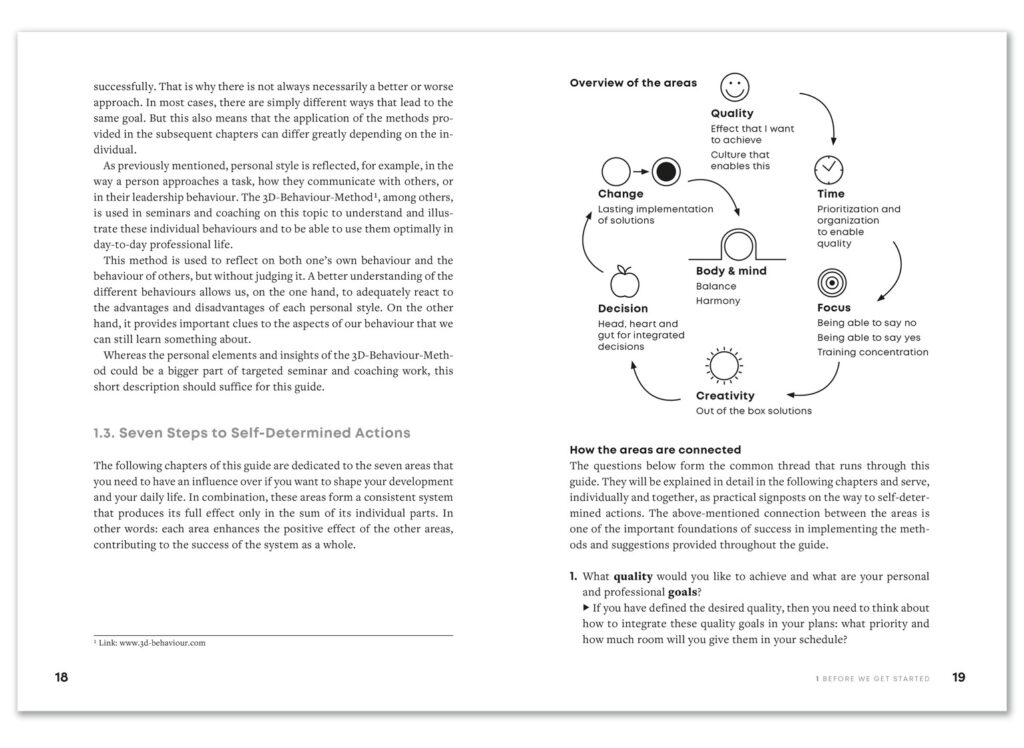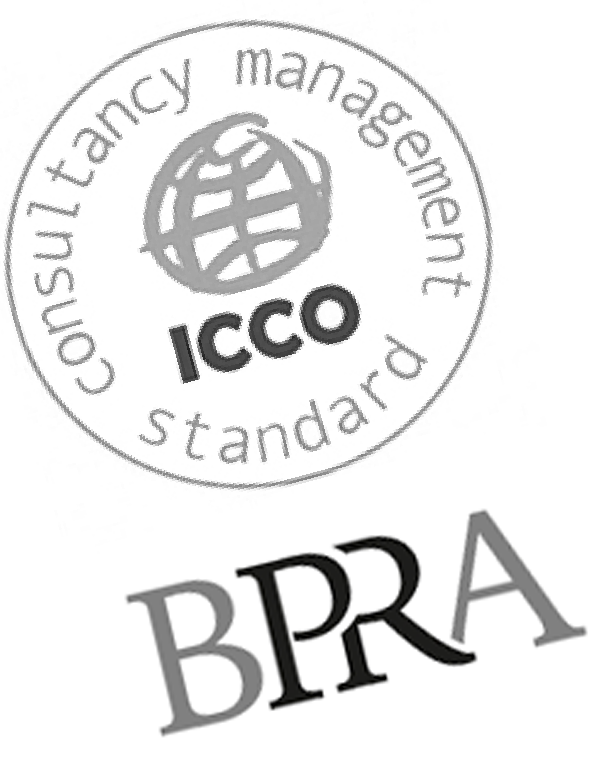A Compass in the Jungle of Cultural Differences
Author: Dan Wiener
Price E-Book: CHF 15.80
Price Editon: CHF 19.80
Shipping: CHF 3.00
Pages: 85
Format: 15,5 x 21 cm
Cover: Hardcover
ISBN: 978-3-9525354-9-3
ABOUT THE BOOK
Since he can remember himself, Dan Wiener has lived with cultural differences. His ancestors came from seven different countries. As a communication trainer who is active around the globe, he encounters very different worlds every day. Companies also have very diverse company cultures and, in turn, the people involved have the most varied personal communication expectations.
Cultural diversity can be seen as a big problem but also as a fascinating enrichment. After all, our society has become more multicultural and diverse as a result of migration and globalisation. Dan Wiener treasures the opportunity to foster exchange and understanding in organisations and companies.
The coach and artist shows how cultural differences can mark the beginning of enriching journeys and processes of fruitful integration, instead of serving as conflict-ridden dividing lines.
This book offers short essays and background for a deeper understanding of cultural contexts. It contains tips on how to live in a world shaped by diversity with more awareness and purpose. In the end, the author presents concrete integration examples from the community, international politics and business, school, social services, and healthcare. A systematic approach in three steps: culture, diversity, and integration.
 Dan Wiener has over 30 years of stage experience as an actor/musician and is the winner of the “Salzburger Stier” award, the most prestigious cabaret prize in the German-speaking world. As a communication trainer, he has shared his well-founded expertise with leading companies since 2001. Alongside his consulting activities, he holds seminars on all the relevant communication topics, including presentation and leadership skills.
Dan Wiener has over 30 years of stage experience as an actor/musician and is the winner of the “Salzburger Stier” award, the most prestigious cabaret prize in the German-speaking world. As a communication trainer, he has shared his well-founded expertise with leading companies since 2001. Alongside his consulting activities, he holds seminars on all the relevant communication topics, including presentation and leadership skills.
INTERVIEW WITH THE AUTHOR
Dan Wiener, why did you write this book?
This is a topic I have been reflecting on for a long time. It is about being different and still belonging, about how people could understand each other. Since I have been teaching communication, it is also about presenting my knowledge to others. So this book was born out of my own experience, research, and practice.
What does practice mean in this case?
In the book, I provide examples from the business world, such as a company merger in which employees need to find common denominators. Another example is from education, where children often live in two different worlds at home and in school. I also describe how in the social setting, one could transition easily from prejudice to chauvinism to racism.
But the people who would need your book the most, such as racists for example, are not very likely to read it?
That’s true. But I wanted to give those who are interested a compass and methods for approaching cultural conflicts. This empowers the side that wants to engage in dialogue and break down prejudices. The book is not all about racism. That was just an example. It is also about integration, for instance.
So would you say that someone who is more integrated experiences less racism?
No, not at all. This would put the blame for racism on the victims. Racism is usually just a blind projection. But let’s talk about integration instead. An individual cannot get integrated on their own. That would mean that integration is a one-sided adaptation. I see it very differently: Integration is a mutual process.
But you still have to adapt, right?
No, that is a very common misconception! It is about dialogue, an exchange on equal footing, and about mutually assuming the responsibility.
Okay, that is what you describe in your book. You said earlier that you have been reflecting on this topic for as long as you can remember. Is the book especially relevant today?
I think this topic is very relevant to humankind in general. But there are many fast changes today that we, as individuals, have hardly any control over: globalisation, social crises and power struggles, the spread of technology that comes between young and old as well as rich and poor. So the ability to communicate about our differences and find solutions is especially important. I would like to contribute to this with my book.
